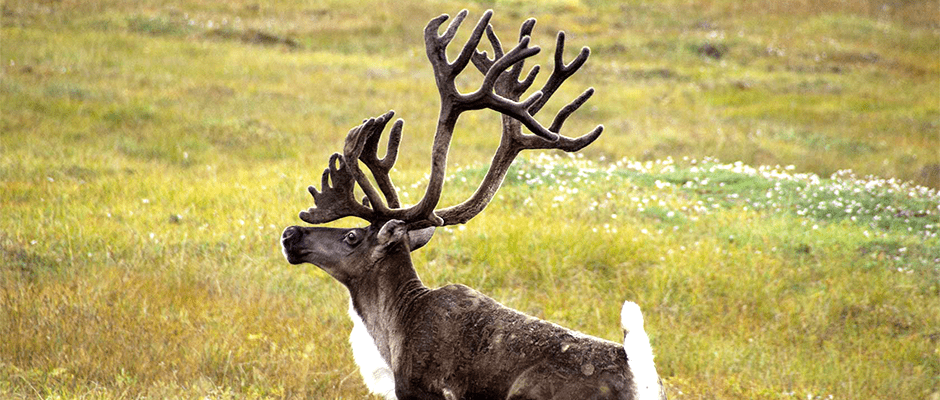Share this article
Proposal released to recover Canadian boreal caribou
A proposed action plan was released in late July by Environment and Climate Change Canada to recover and conserve the boreal population of woodland caribou (Rangifer tarandus caribou). The plan was released as part of the federal government’s requirements directed by the Species at Risk Act (SARA) — boreal caribou were listed as threatened under SARA in 2014. SARA requires the provinces and territories to complete their caribou action plans by October 2017.
The action plan acknowledges that Boreal caribou are an important species to both Indigenous people and other Canadians and may serve as an indicator of the overall health of the country’s boreal forest ecosystem. The primary goal of recovery efforts is to achieve self-sustaining local populations throughout the current distribution in Canada. The Federal Recovery Strategy for Boreal Caribou of 2012, which this action plan builds on, identified the primary threat to most populations as unnaturally high predation rates as a result of habitat loss, degradation, and fragmentation.
The action plan included three key pillars of federal government activity to protect boreal caribou: science to support recovery, recovery and protection, and reporting on progress. As part of its focus on science the Government of Canada will support scientific research and create a National Boreal Caribou Knowledge Consortium in order to bring together governments, Indigenous peoples, and stakeholders to share their knowledge with each other. The plan also proposes developing National Caribou Monitoring standards for a better understanding of the progress that is being achieved. The majority of the work in recovering the species by identifying and managing critical habitat will be the responsibility of the provinces under their provincial actions plans.
Some organizations have raised concerns that the proposed plan contains too great a focus on science and study, and ignores delays actions to protect the caribou in favor of allowing industry, such as logging, to continue until further studies have been completed.
The 60-day comment period for the proposed action plan closes on September 25, 2017. Comments can be submitted at the Species at Risk Public Registry.
Header Image: ©Zak Richter/NPS








